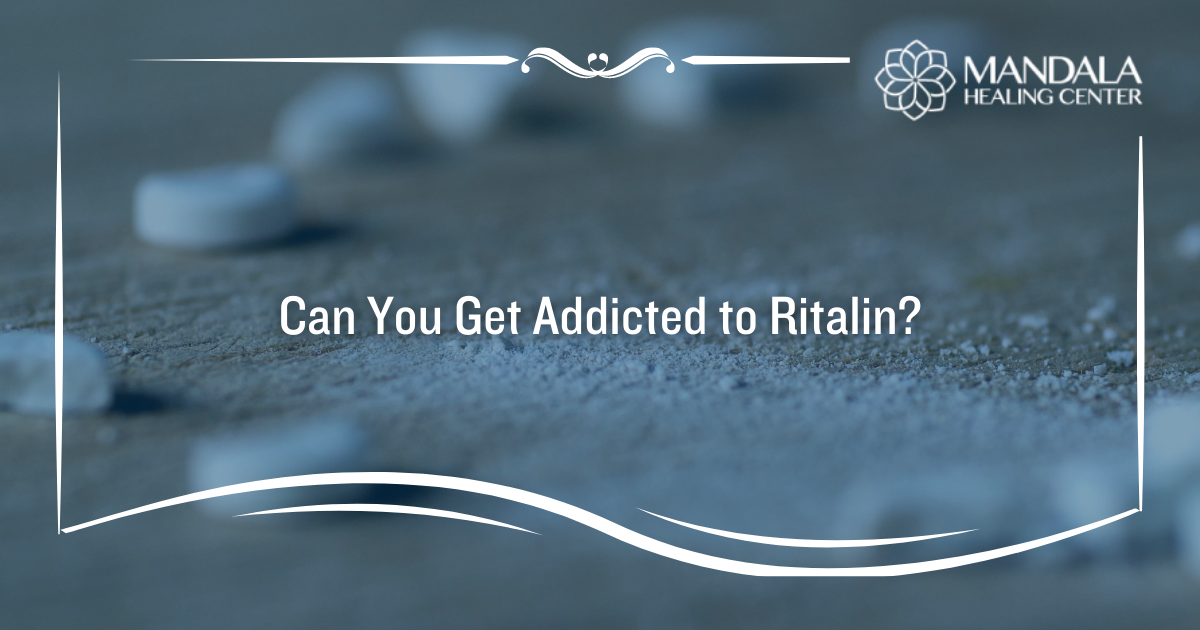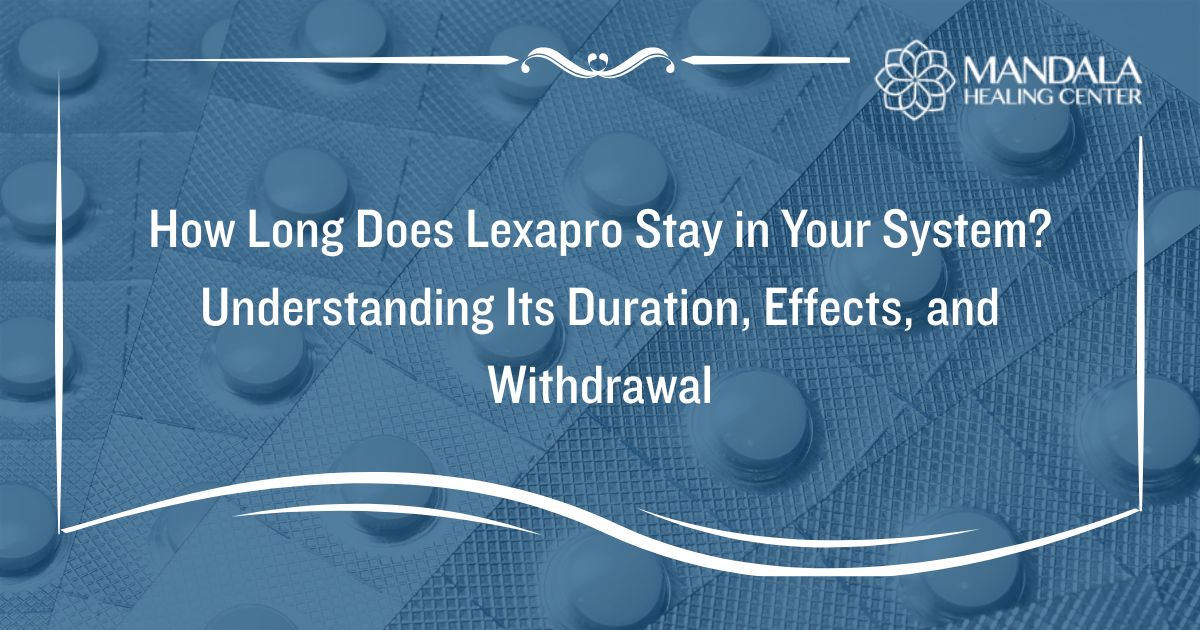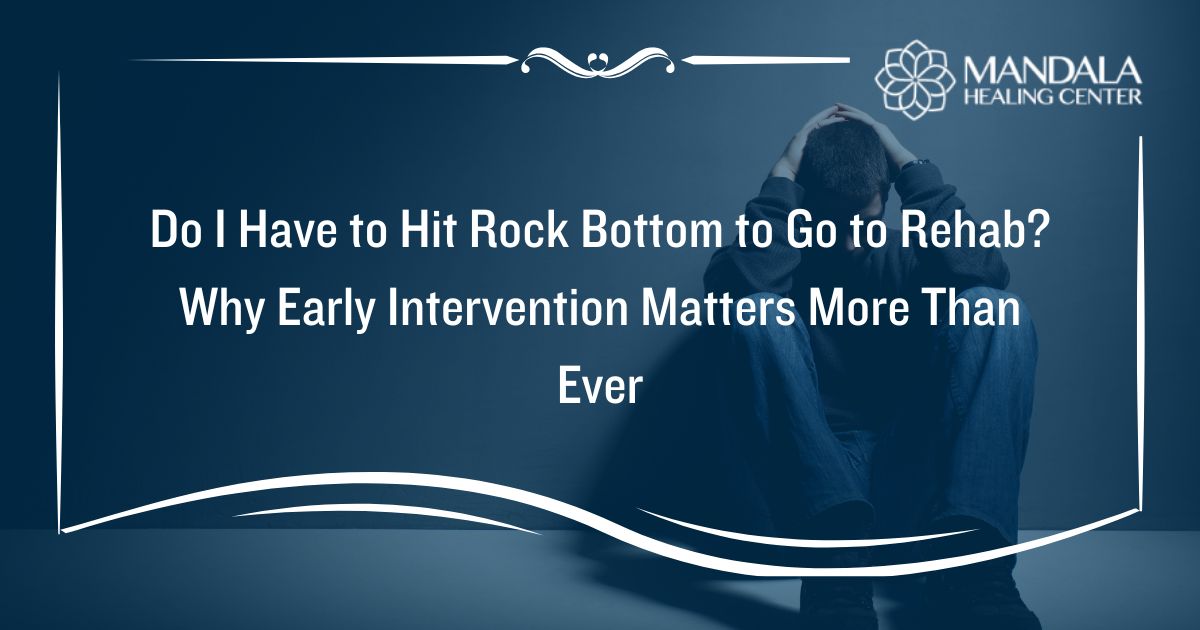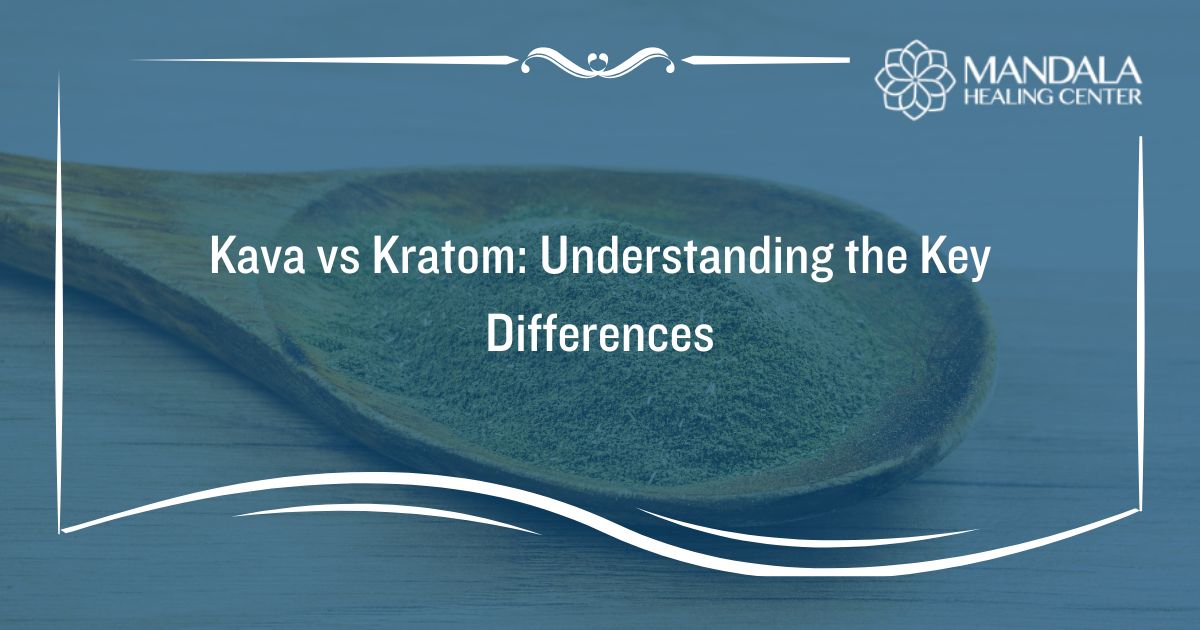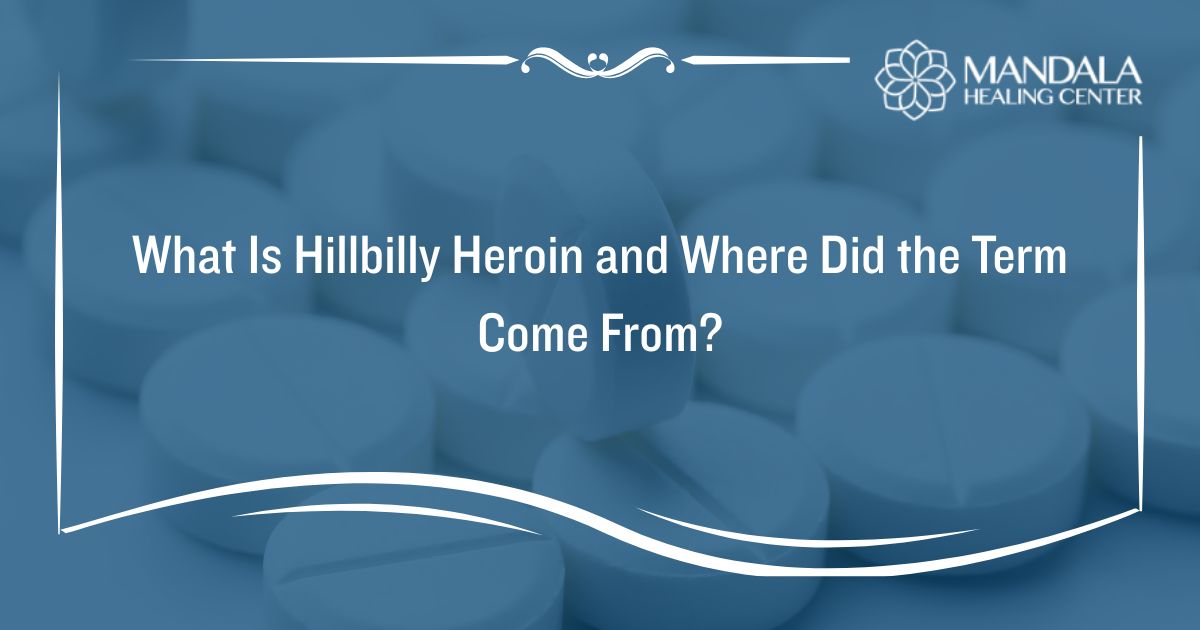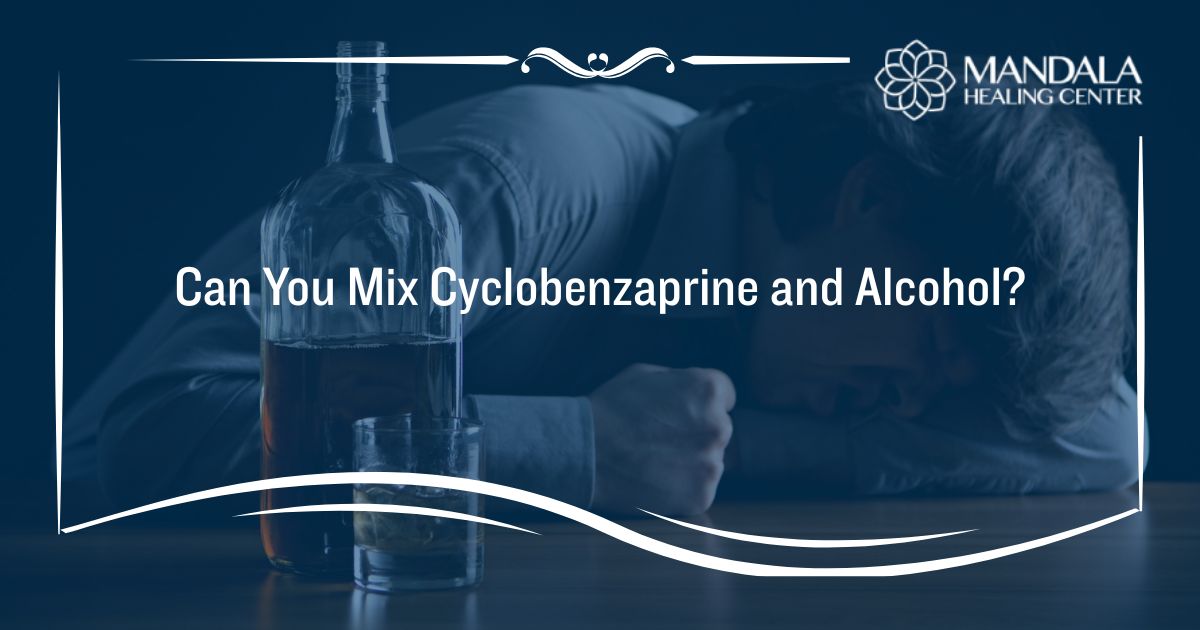Ritalin (methylphenidate) is a brand-name prescription medication that can help people manage the symptoms of attention disorders like attention deficit hyperactivity disorder (ADHD). While it is considered to be safe when taken as directed, Ritalin has the potential for abuse and addiction. Understanding these risks and knowing how to get treatment if needed is essential.
If you or someone in your life is addicted to Ritalin and need help to stop using it, reach out to the team at the Mandala Healing Center to explore your treatment options and find support.
What is Ritalin (Methylphenidate)?
Ritalin is a prescription medication that stimulates the central nervous system. It is prescribed to treat the symptoms of attention deficit disorder (ADD) and attention deficit hyperactivity disorder (ADHD).
When taken as prescribed, Ritalin effectively relieves some of the symptoms of ADD and ADHD by increasing the amount of norepinephrine and dopamine in a person’s brain. These neurotransmitters are linked to attention, pleasure and reward, and movement.
But if someone takes Ritalin differently than prescribed–either more frequent or larger doses–they may experience euphoria. This can make people want to take more of the drug, which can lead to tolerance and dependence.
Some may also take Ritalin to enhance academic performance or to aid in weight loss. People who take Ritalin for these effects are more likely to develop an addiction than those who take it as prescribed to treat ADD or ADHD.
How Does Ritalin Addiction Develop?
Ritalin affects a neurotransmitter called dopamine, which is involved in the brain’s pleasure and reward systems. Drugs that increase dopamine have the potential to be addictive. Over time, the brain becomes dependent on the rush of dopamine that a drug provides, and if a person stops taking it, they’re likely to experience cravings and other withdrawal symptoms.
People may begin to use Ritalin recreationally and then have a hard time stopping when they want to. This is a sign of Ritalin addiction. Other symptoms of Ritalin addiction include:
- Taking Ritalin without a prescription
- Taking Ritalin in higher doses or for longer than prescribed
- Urges to use Ritalin
- Falling behind at work, school, or responsibilities at home
- Relationship strain related to Ritalin abuse
- Neglecting hobbies and relationships because of Ritalin use
- Having mood swings or other mood changes
- Isolating from others
- Experiencing withdrawal symptoms when you stop taking it
- Needing to take more Ritalin to get the desired effects
- Continuing to use Ritalin despite the negative consequences
Getting treatment to address a Ritalin addiction is critical to avoid the long-term health consequences Ritalin abuse can cause. Seek treatment as soon as you notice the signs of Ritalin abuse or addiction.
Signs of Ritalin Abuse
Ritalin is considered a safe medication with a low risk of addiction or other severe side effects when taken as prescribed. But some people may experience unpleasant side effects when taking this medication, including:
- Abdominal pain
- GI symptoms
- Cardiovascular effects, like heart palpitations
- Decreased appetite
- Headache
- Increased blood pressure
- Insomnia
- Anxiety
People who abuse Ritalin may take higher or more frequent doses of this medication than prescribed. In addition to the side effects listed, people who abuse Ritalin may also experience:
- Dizziness
- Fainting
- Pupil dilation
- Agitation
- Sweating
- Depression
- Fatigue
- Vision problems
- Rapid heart rate
If you or someone you love have the symptoms of Ritalin abuse, you must seek immediate substance abuse treatment so that you can safely stop using this drug. Continuing Ritalin abuse can lead to serious, long-term effects, including Ritalin addiction.
Long-Term Effects of Ritalin Abuse
While the short-term side effects of Ritalin abuse can be unpleasant, using the drug for an extended period can lead to significant complications in your physical and behavioral health. Some of the long-term effects of Ritalin abuse include:
- Grandiosity–having an exaggerated view of your own intelligence, importance, and power
- Obsessive-compulsive disorder behaviors, like repetitive actions
- Paranoia
- Auditory hallucinations
- Aggressive or violent tendencies
It’s important to seek treatment for Ritalin abuse as soon as you recognize it to avoid some of the short and long-term consequences of misusing this drug.
Treatment for Ritalin Addiction
Treatment for Ritalin addiction varies from person to person and is often tailored to meet each user’s unique needs. Treatment programs generally include a combination of evidence-based therapies that can help users safely stop taking the drug and address the roots of their addiction. These therapies include:
- Medically-supported detox
- Individual therapy
- Group support
- Education
- Mental health treatment
- Skills development and practice
People who developed Ritalin abuse or addiction while taking it as a prescription often need to explore alternative methods of treating ADD and ADHD.
How to Avoid Ritalin Addiction
Ritalin is not believed to pose a risk for addiction if you take it under careful medical supervision. However, if you take Ritalin without a prescription or differently than your doctor says to, you may begin to develop a dependence on it.
For some, Ritalin may be a “gateway drug,” meaning that using it may lead you to use other substances. Do not take Ritalin without a prescription, and seek treatment for substance abuse if you cannot stop on your own.
If your doctor prescribes Ritalin, you must take it exactly as prescribed. Do not take a higher dose than prescribed or take it more frequently than you’re told to. Take Ritalin orally, and do not snort or inject it to amplify the drug’s effects.
Get Help Now
If you or a loved one is addicted to Ritalin, the help you need is just a phone call away. Don’t gamble with your health and well-being. Reach out to the compassionate team at the Mandala Healing Center to learn about our holistic treatment programs and find the support you need to move forward in recovery.
References:


